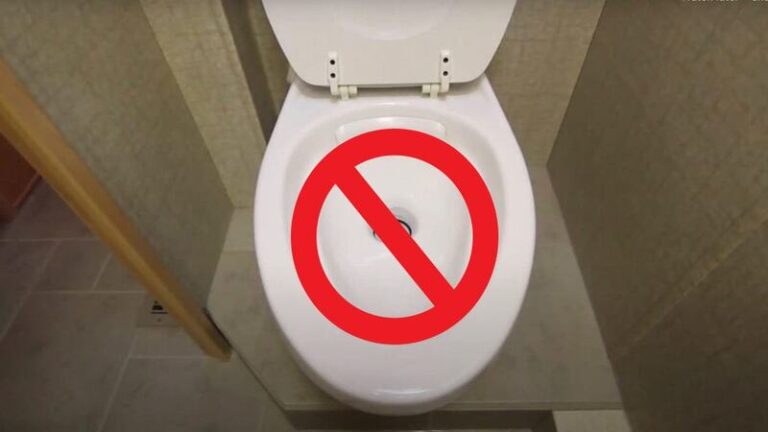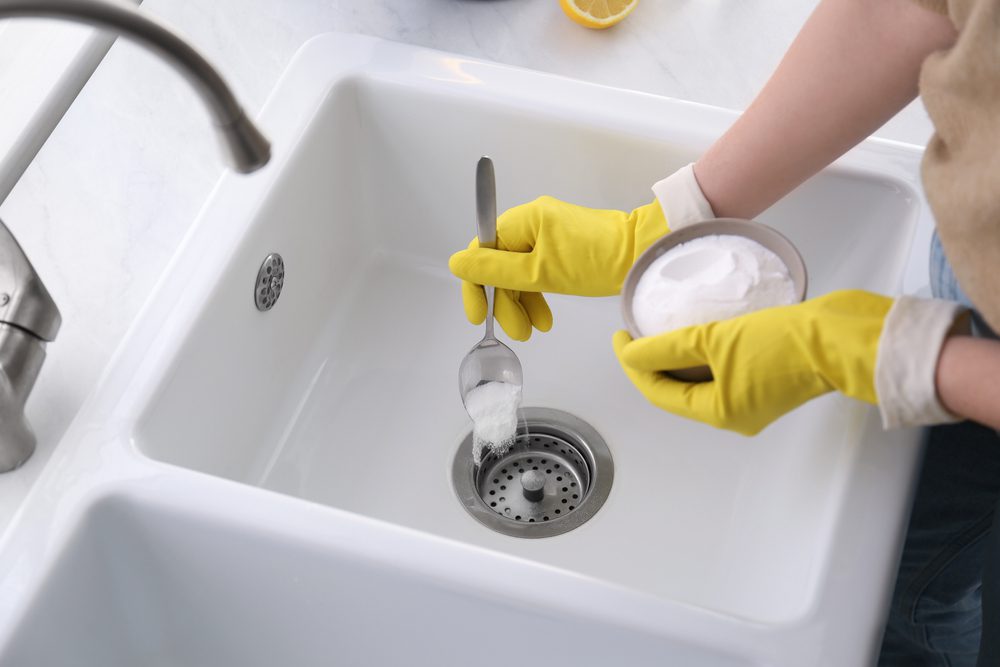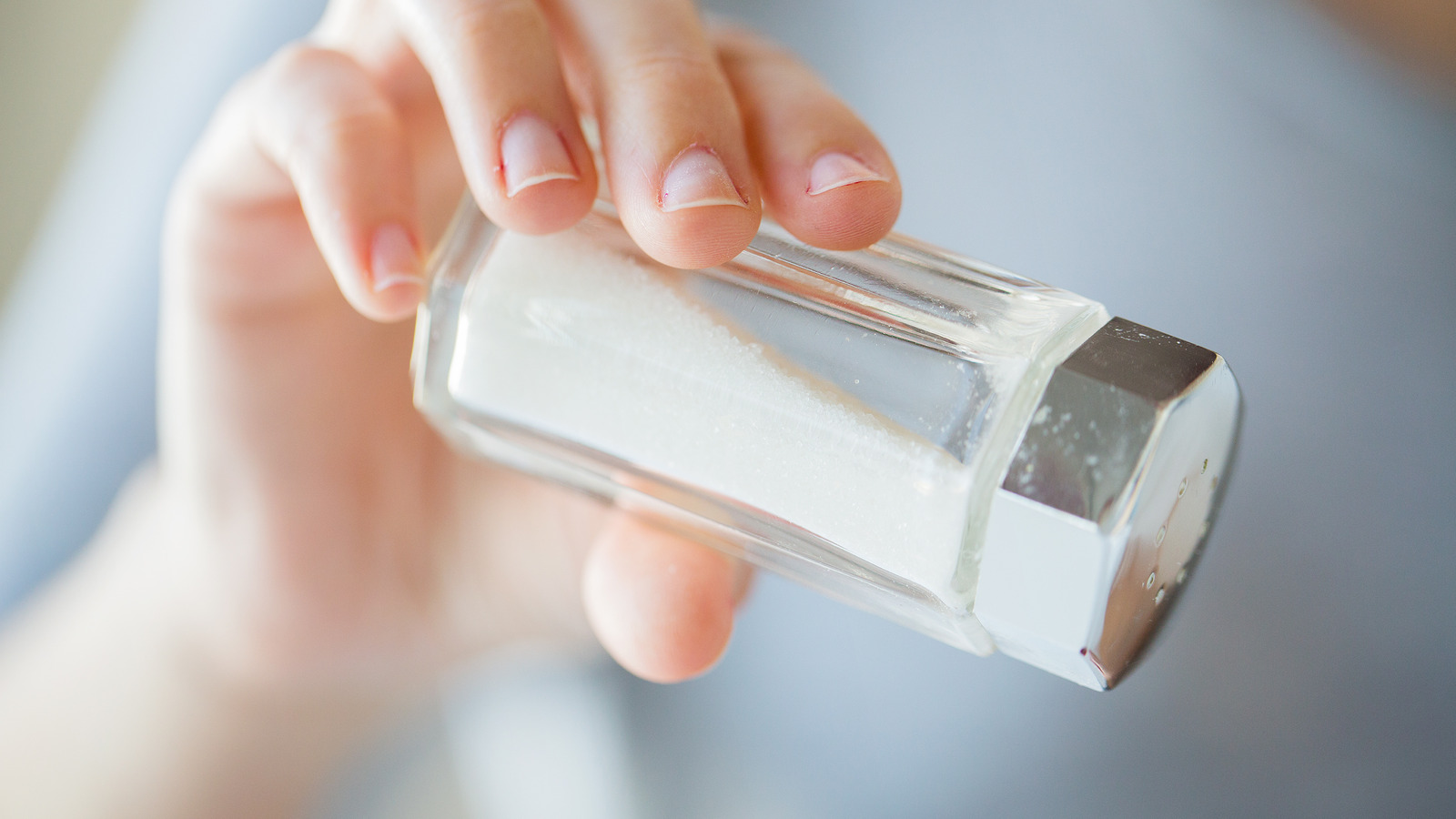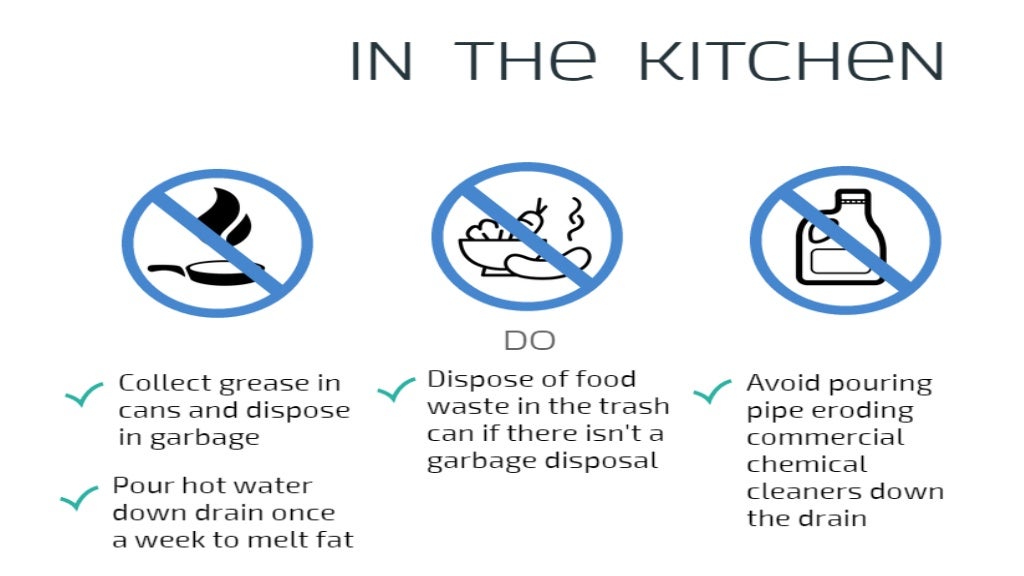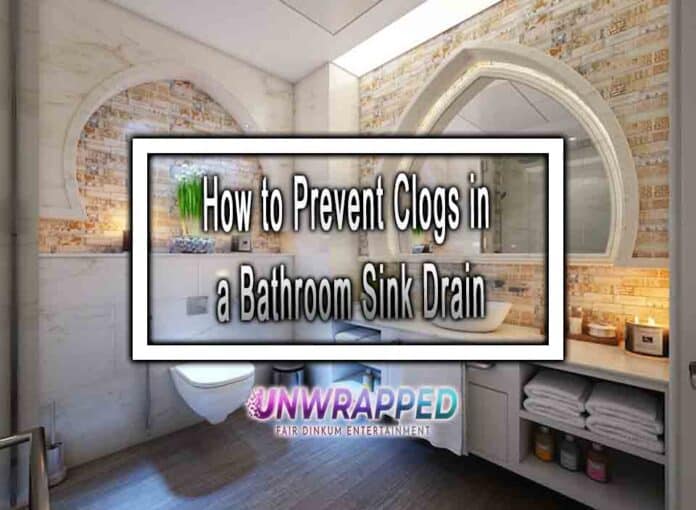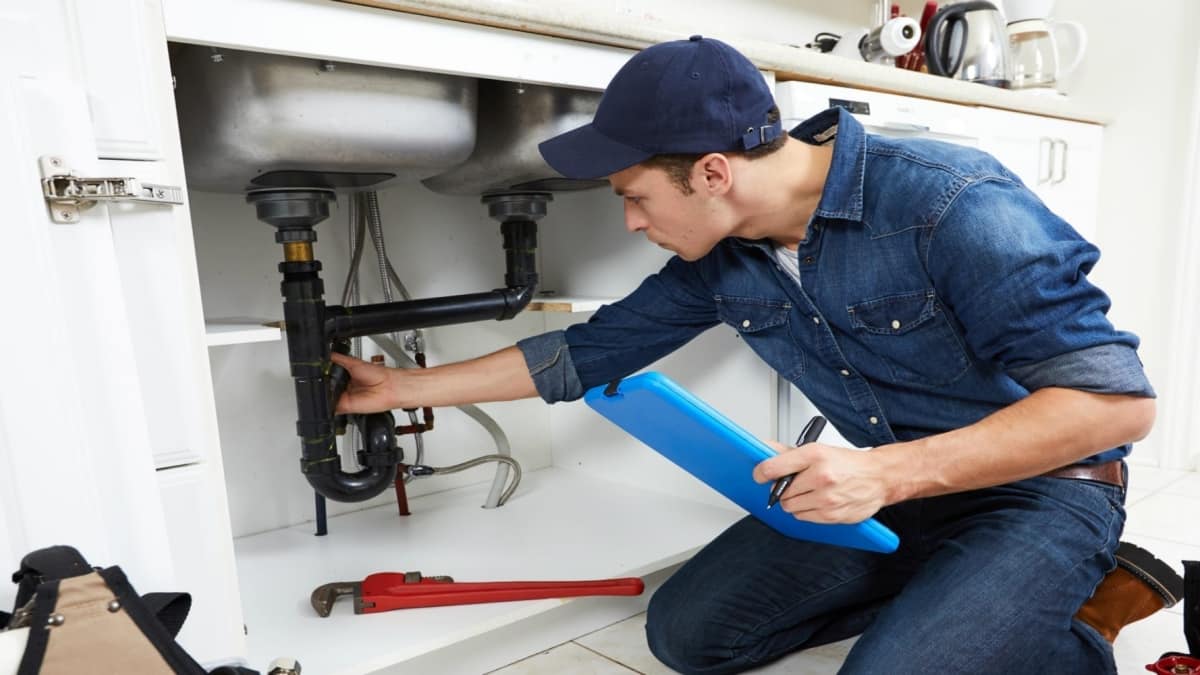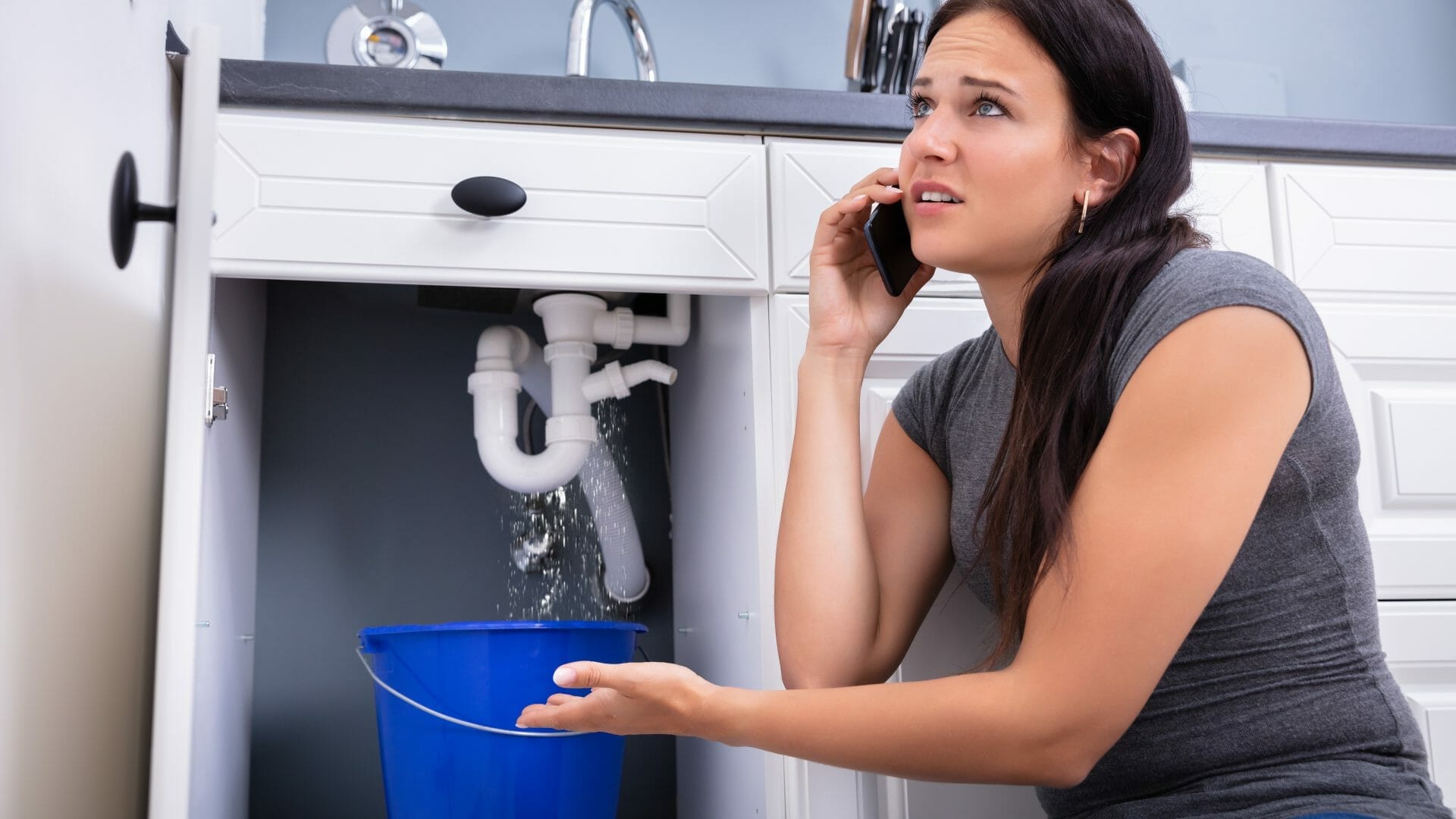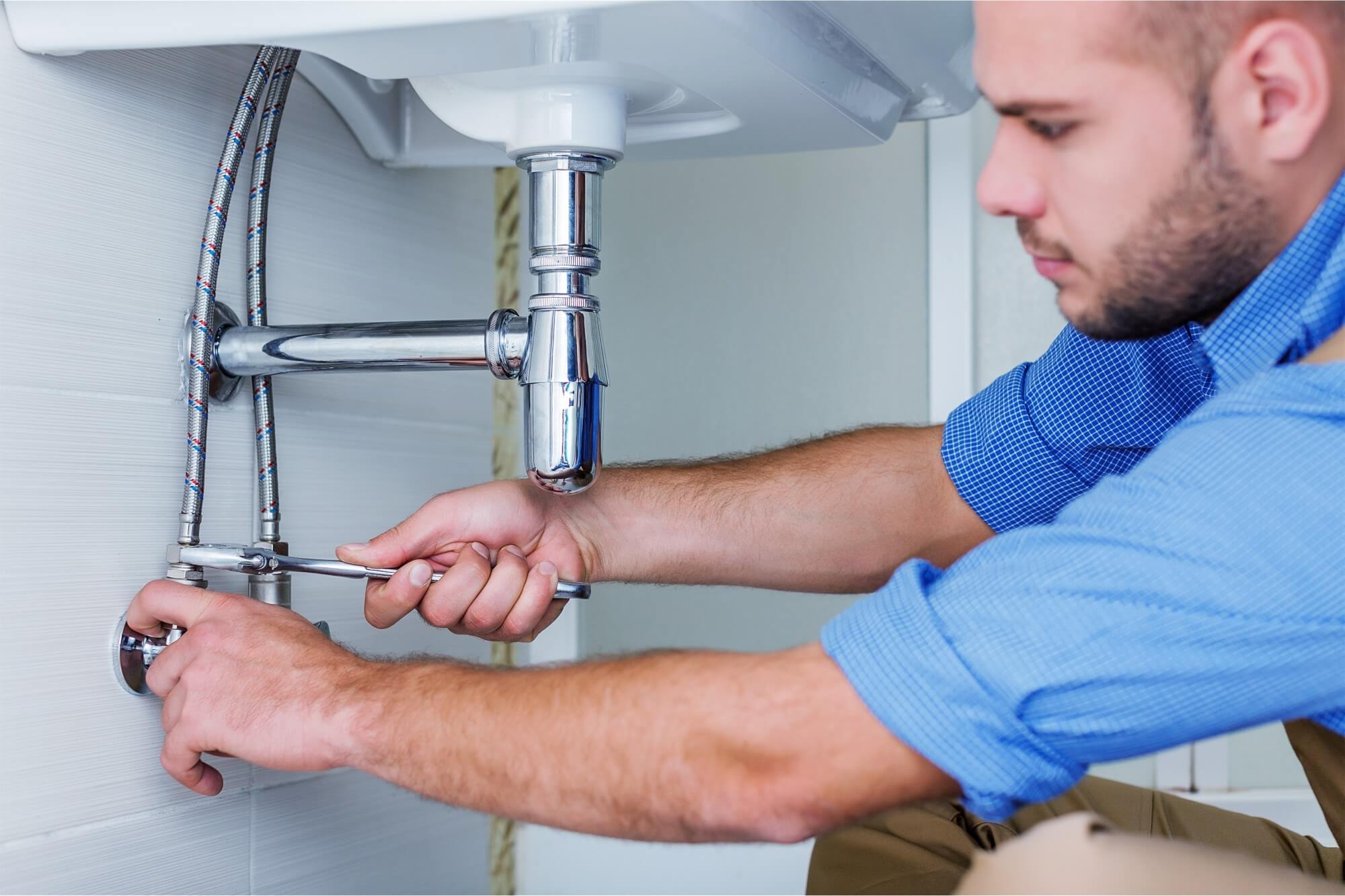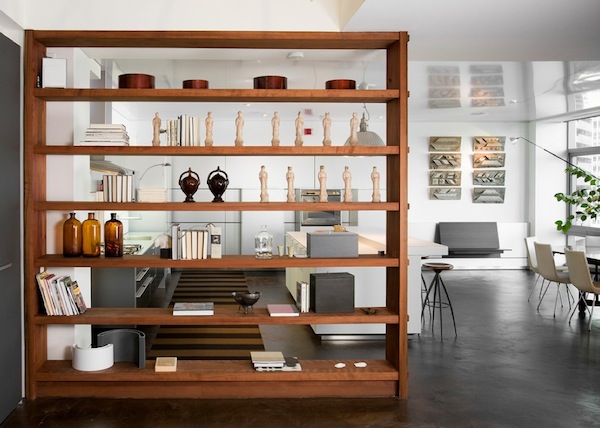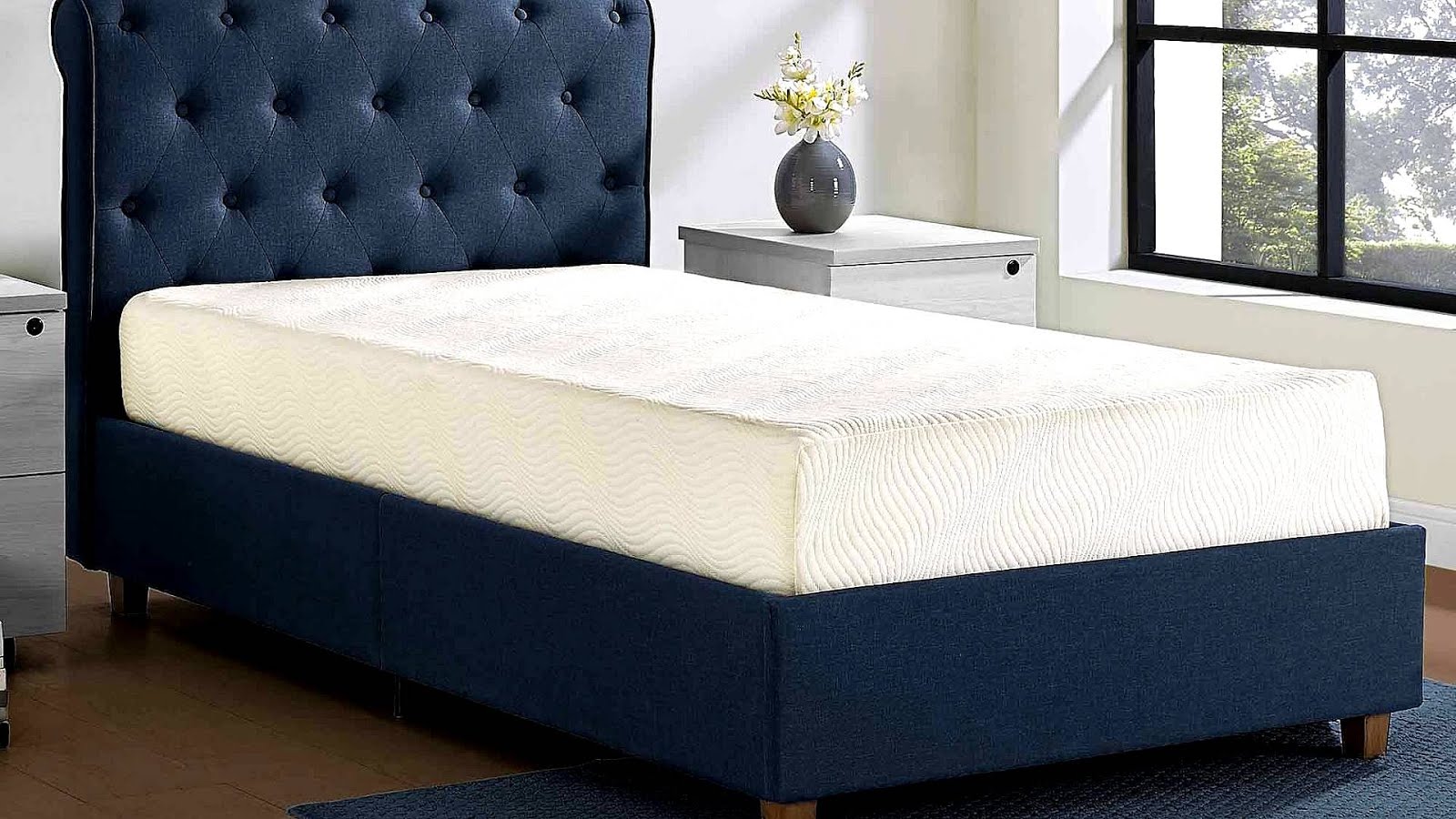Drano is a popular brand of drain cleaner that many people turn to when they have a clogged bathroom sink. However, the question remains: is it safe to use Drano in your bathroom sink? While Drano may be effective in clearing clogs, it's important to consider the potential risks and alternatives before reaching for that bottle.Can I Use Drano in My Bathroom Sink?
If you do choose to use Drano in your bathroom sink, it's important to do so carefully and according to the instructions on the bottle. This includes wearing gloves and protective eyewear, as well as avoiding contact with your skin or inhaling the fumes. Before using Drano, make sure to remove any standing water from the sink and pour the recommended amount of product directly into the drain. Let it sit for the recommended time and then flush with hot water. It's also important to note that Drano should never be used in a completely clogged drain, as this can cause the product to back up and potentially damage your pipes.How to Safely Use Drano in Your Bathroom Sink
While Drano may be a popular choice for clearing clogs in bathroom sinks, it's not the only option. There are other drain cleaners on the market that may be just as effective, if not more, and are safer for both you and your pipes. For example, there are natural drain cleaners that use enzymes to break down clogs, which can be a safer and more eco-friendly option. There are also manual methods, such as using a plunger or drain snake, that can be just as effective in clearing clogs without the use of harsh chemicals.Drano vs. Other Drain Cleaners for Bathroom Sinks
While Drano may be effective in clearing clogs, it's important to consider the potential downsides. For one, Drano contains harsh chemicals that can be harmful to both you and the environment. These chemicals can also cause damage to your pipes and septic system over time. Additionally, Drano may not be effective in clearing all types of clogs. If your bathroom sink is clogged due to a large object or a buildup of hair, Drano may not be able to dissolve it. In these cases, manual methods or a plumber may be a better solution.Why Drano May Not Be the Best Solution for Your Bathroom Sink Clog
When choosing to use Drano in your bathroom sink, there are some important dos and don'ts to keep in mind. Do:The Dos and Don'ts of Using Drano in Your Bathroom Sink
If you're looking for alternatives to Drano, there are several methods you can try to clear a clogged bathroom sink without using harsh chemicals. One option is to use a plunger to try and dislodge the clog. You can also try using a drain snake to physically remove the clog. Another option is to mix equal parts baking soda and vinegar, pour it down the drain, and let it sit for 15 minutes before flushing with hot water. If these methods don't work, it may be time to call a professional plumber to safely and effectively clear the clog.How to Unclog a Bathroom Sink Without Drano
As mentioned before, Drano contains harsh chemicals that can be harmful to both you and the environment. The fumes from these chemicals can also be dangerous to inhale, especially if used in a poorly ventilated area. In addition, if Drano does not effectively clear the clog and instead backs up, it can cause damage to your pipes and septic system.The Dangers of Using Drano in Your Bathroom Sink
If you're looking for a safer and more eco-friendly option for clearing clogs in your bathroom sink, there are several alternatives to Drano that you can try. As mentioned before, natural drain cleaners that use enzymes can be just as effective in breaking down clogs without the use of harsh chemicals. You can also try using a plunger or drain snake to manually remove the clog. If all else fails, it may be time to call a professional plumber.Alternatives to Drano for Clearing Bathroom Sink Clogs
The best way to avoid using Drano or any other drain cleaner in your bathroom sink is to prevent clogs from happening in the first place. This includes regularly cleaning the drain and using a drain stopper to catch hair and other debris. You can also try using a natural drain cleaner on a regular basis to prevent buildup and keep your pipes clear. Additionally, avoid pouring grease, oil, and other substances down the drain, as these can solidify and cause clogs.How to Prevent Clogs in Your Bathroom Sink and Avoid Using Drano
If you've tried all the alternatives and methods mentioned above and your bathroom sink is still clogged, it may be time to call a professional plumber. They have the necessary tools and expertise to safely and effectively clear the clog without causing damage to your pipes. It's also important to call a plumber if you notice recurring clogs in your bathroom sink, as this may be a sign of a larger issue with your plumbing system. In conclusion, while Drano may be a popular choice for clearing clogs in bathroom sinks, it's important to consider the potential risks and alternatives before using it. By following the dos and don'ts and exploring other options, you can safely and effectively keep your bathroom sink clear without relying on harsh chemicals.When to Call a Professional Plumber Instead of Using Drano in Your Bathroom Sink
Why Drano is Not Recommended for Bathroom Sink

The Danger of Using Drano in Bathroom Sink
 When faced with a clogged bathroom sink, many people turn to quick and easy solutions such as Drano. However, using Drano in your bathroom sink can actually do more harm than good. Drano is a chemical-based product that is designed to dissolve clogs in pipes, but it can also cause damage to your plumbing system and harm the environment. Therefore, it is important to understand why Drano is not recommended for bathroom sinks and what alternatives you can use instead.
When faced with a clogged bathroom sink, many people turn to quick and easy solutions such as Drano. However, using Drano in your bathroom sink can actually do more harm than good. Drano is a chemical-based product that is designed to dissolve clogs in pipes, but it can also cause damage to your plumbing system and harm the environment. Therefore, it is important to understand why Drano is not recommended for bathroom sinks and what alternatives you can use instead.
The Effects of Drano on Your Plumbing System
 Drano is a strong and corrosive chemical that works by breaking down clogs in your pipes. However, this same chemical can also eat away at your pipes, especially if they are made of older materials such as metal or PVC. Over time, using Drano in your bathroom sink can lead to weakened and damaged pipes, which can result in leaks and other costly plumbing issues. In addition, Drano can also harm the seals and joints in your plumbing system, causing them to break down and creating the potential for even more damage.
Drano is a strong and corrosive chemical that works by breaking down clogs in your pipes. However, this same chemical can also eat away at your pipes, especially if they are made of older materials such as metal or PVC. Over time, using Drano in your bathroom sink can lead to weakened and damaged pipes, which can result in leaks and other costly plumbing issues. In addition, Drano can also harm the seals and joints in your plumbing system, causing them to break down and creating the potential for even more damage.
The Impact of Drano on the Environment
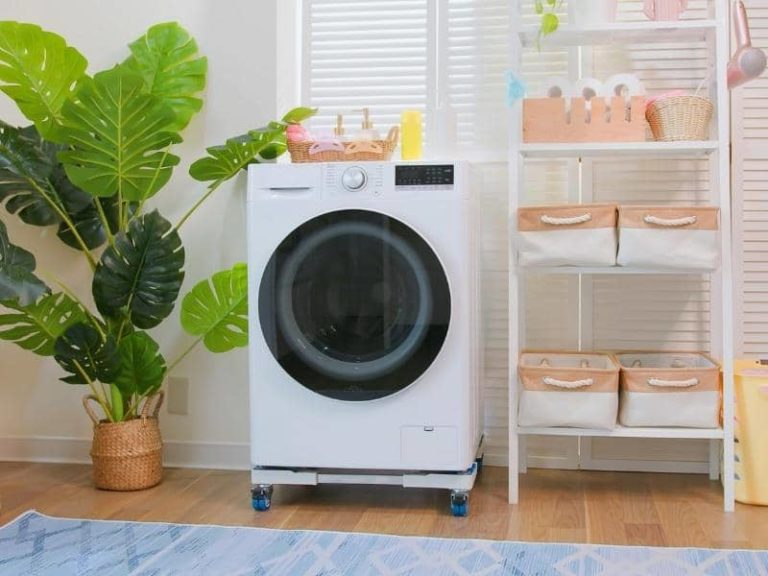 Aside from the potential damage to your plumbing system, using Drano in your bathroom sink can also have a negative impact on the environment. The chemicals in Drano can seep into the ground and water supply, contaminating them and harming plants and animals. In addition, the plastic bottles that Drano comes in contribute to plastic waste, which is a major environmental issue.
Aside from the potential damage to your plumbing system, using Drano in your bathroom sink can also have a negative impact on the environment. The chemicals in Drano can seep into the ground and water supply, contaminating them and harming plants and animals. In addition, the plastic bottles that Drano comes in contribute to plastic waste, which is a major environmental issue.
Alternative Solutions for a Clogged Bathroom Sink
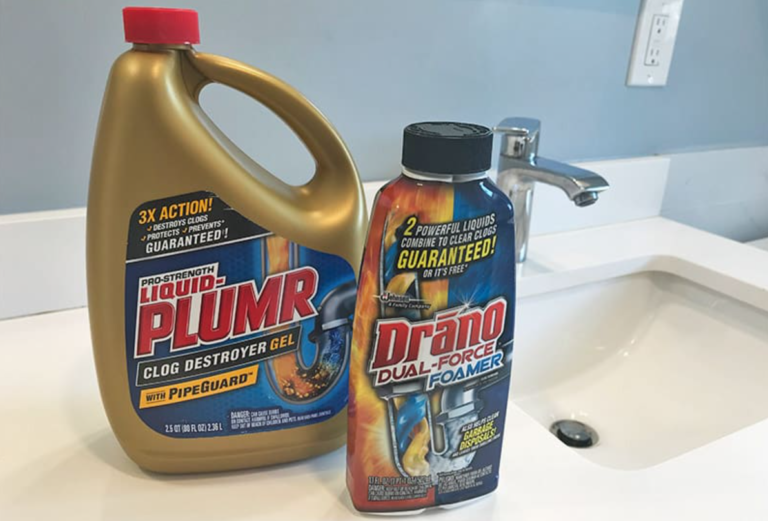 Instead of using Drano, there are several alternative solutions that you can try to unclog your bathroom sink. One option is to use a plunger, which can help to dislodge the clog without the use of harsh chemicals. Another option is to use a natural drain cleaner, such as a mixture of baking soda and vinegar. These alternatives are not only safer for your plumbing system and the environment, but they are also more cost-effective in the long run.
In conclusion,
while Drano may seem like a quick fix for a clogged bathroom sink, it can actually cause more harm than good. The chemicals in Drano can damage your plumbing system and harm the environment, making it a solution that should be avoided. Instead, opt for safer and more eco-friendly alternatives to keep your bathroom sink running smoothly.
Instead of using Drano, there are several alternative solutions that you can try to unclog your bathroom sink. One option is to use a plunger, which can help to dislodge the clog without the use of harsh chemicals. Another option is to use a natural drain cleaner, such as a mixture of baking soda and vinegar. These alternatives are not only safer for your plumbing system and the environment, but they are also more cost-effective in the long run.
In conclusion,
while Drano may seem like a quick fix for a clogged bathroom sink, it can actually cause more harm than good. The chemicals in Drano can damage your plumbing system and harm the environment, making it a solution that should be avoided. Instead, opt for safer and more eco-friendly alternatives to keep your bathroom sink running smoothly.
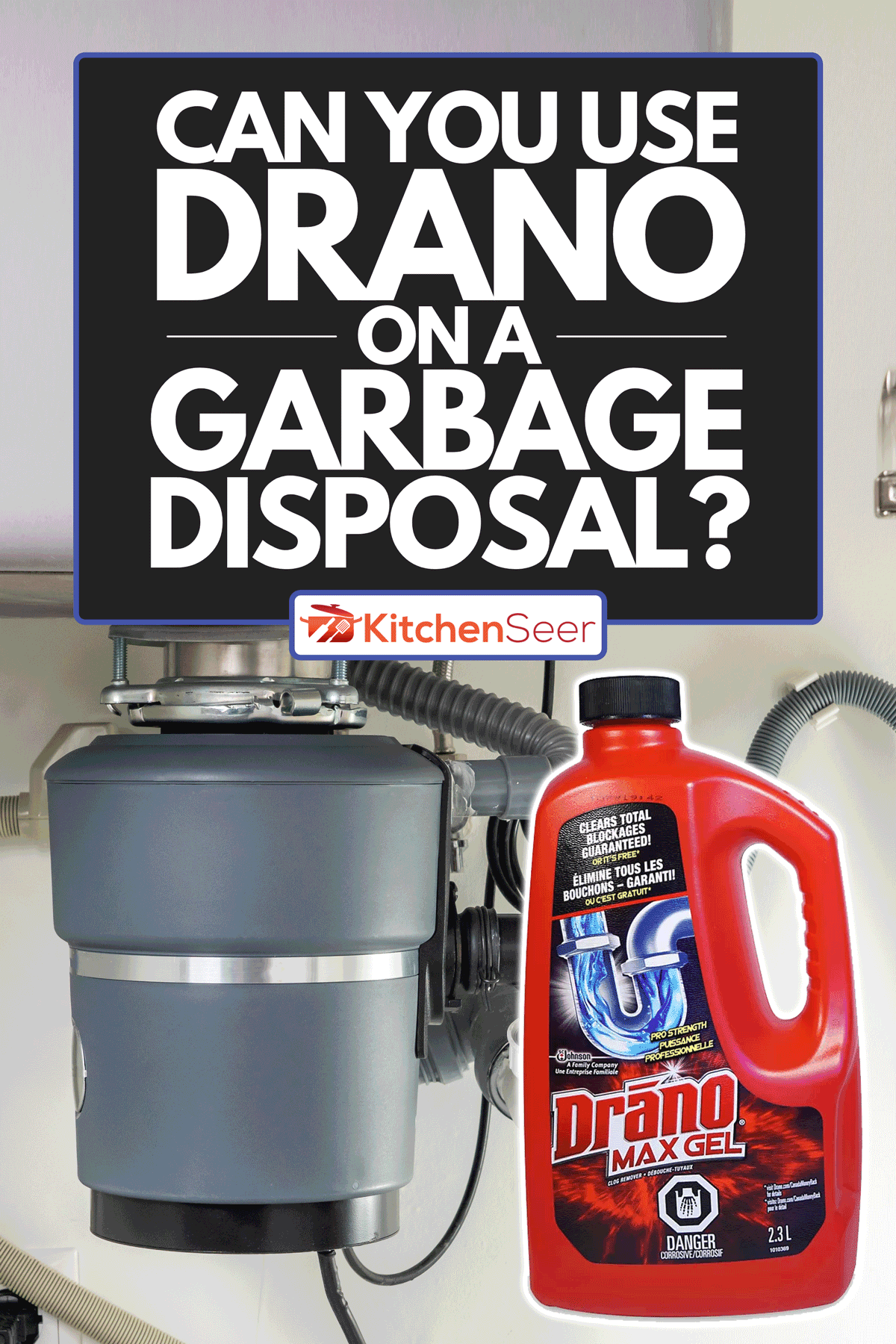



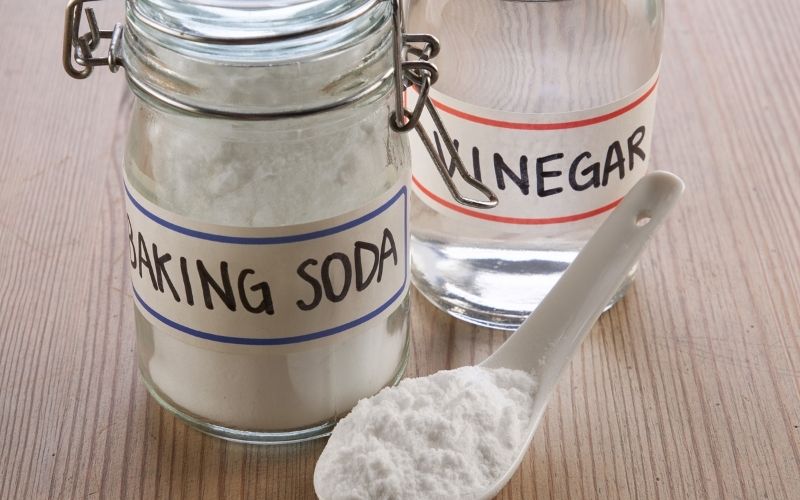

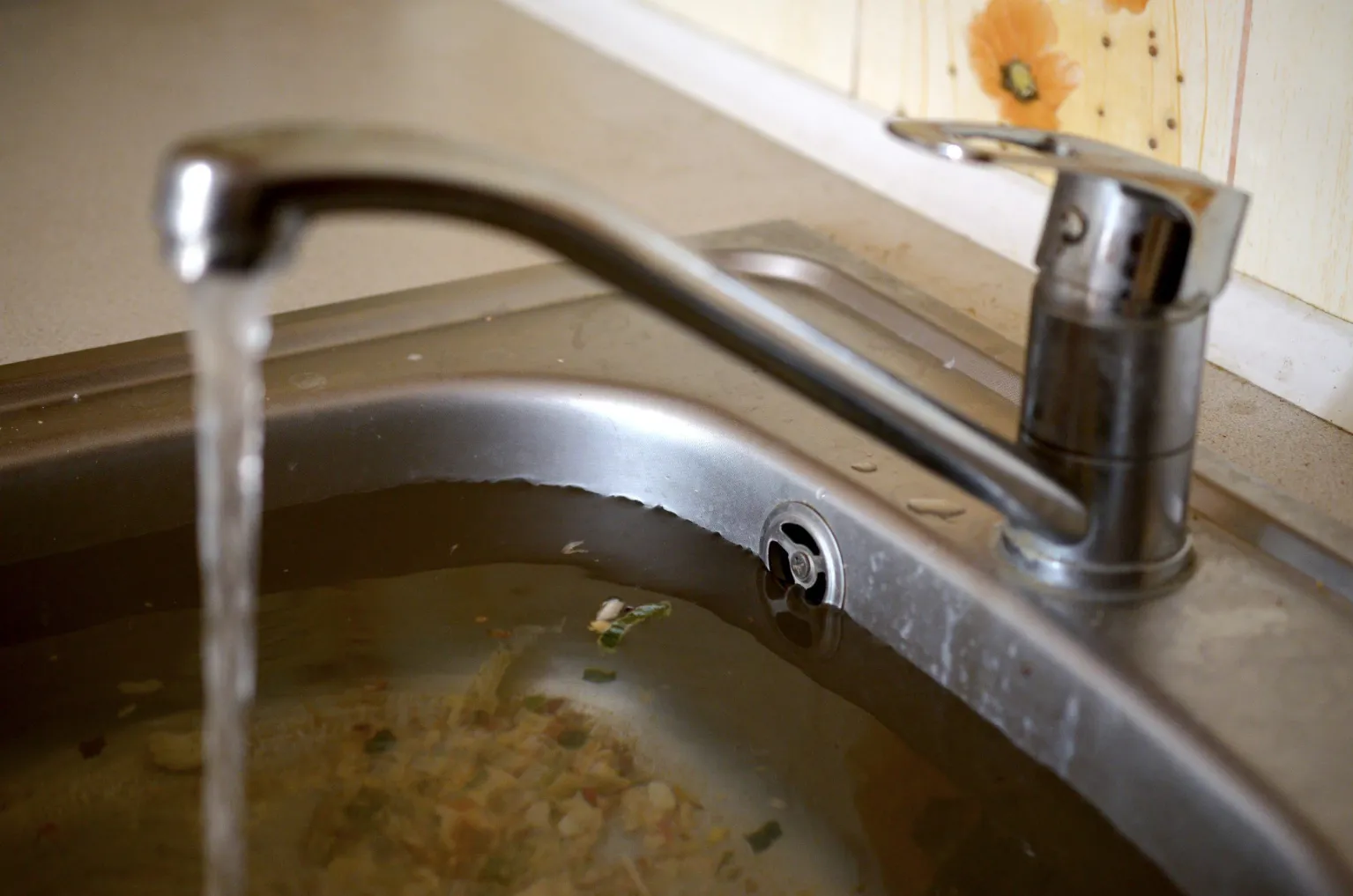
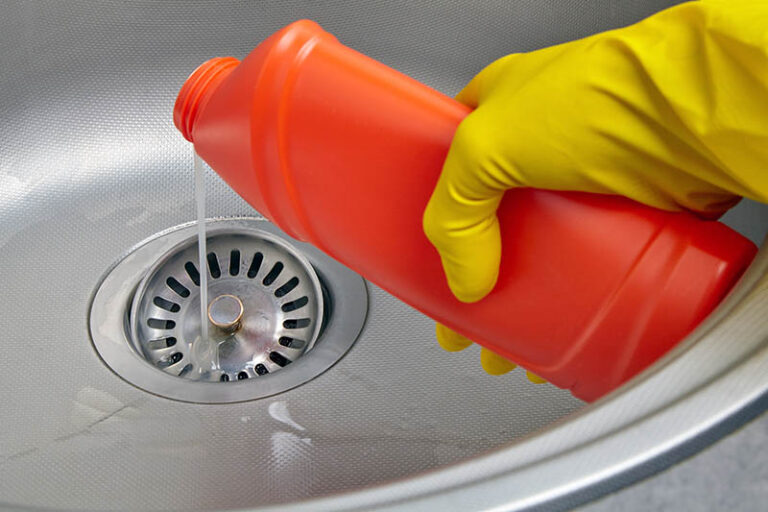

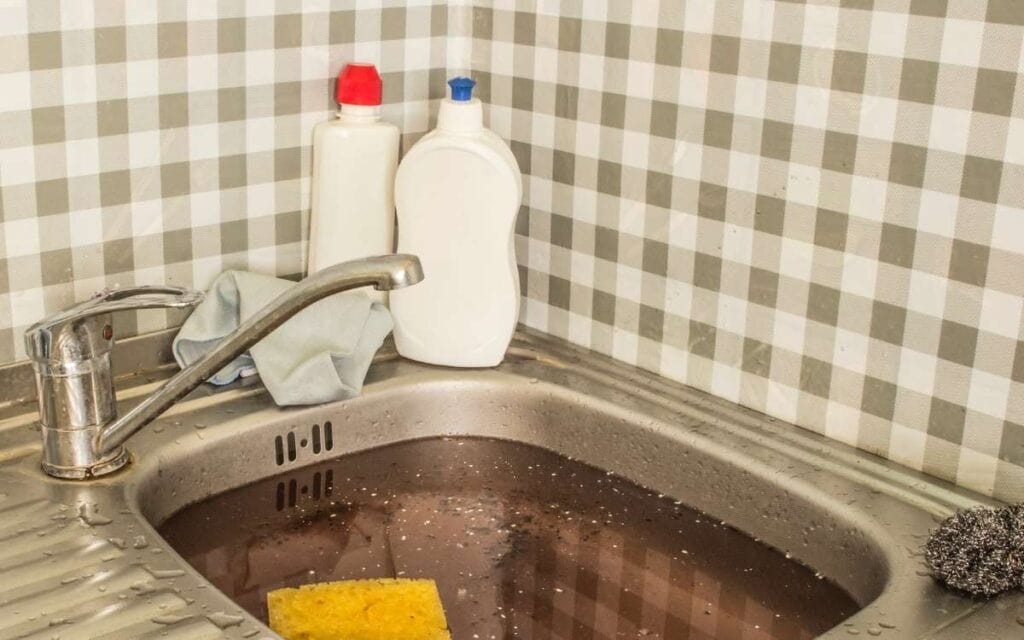






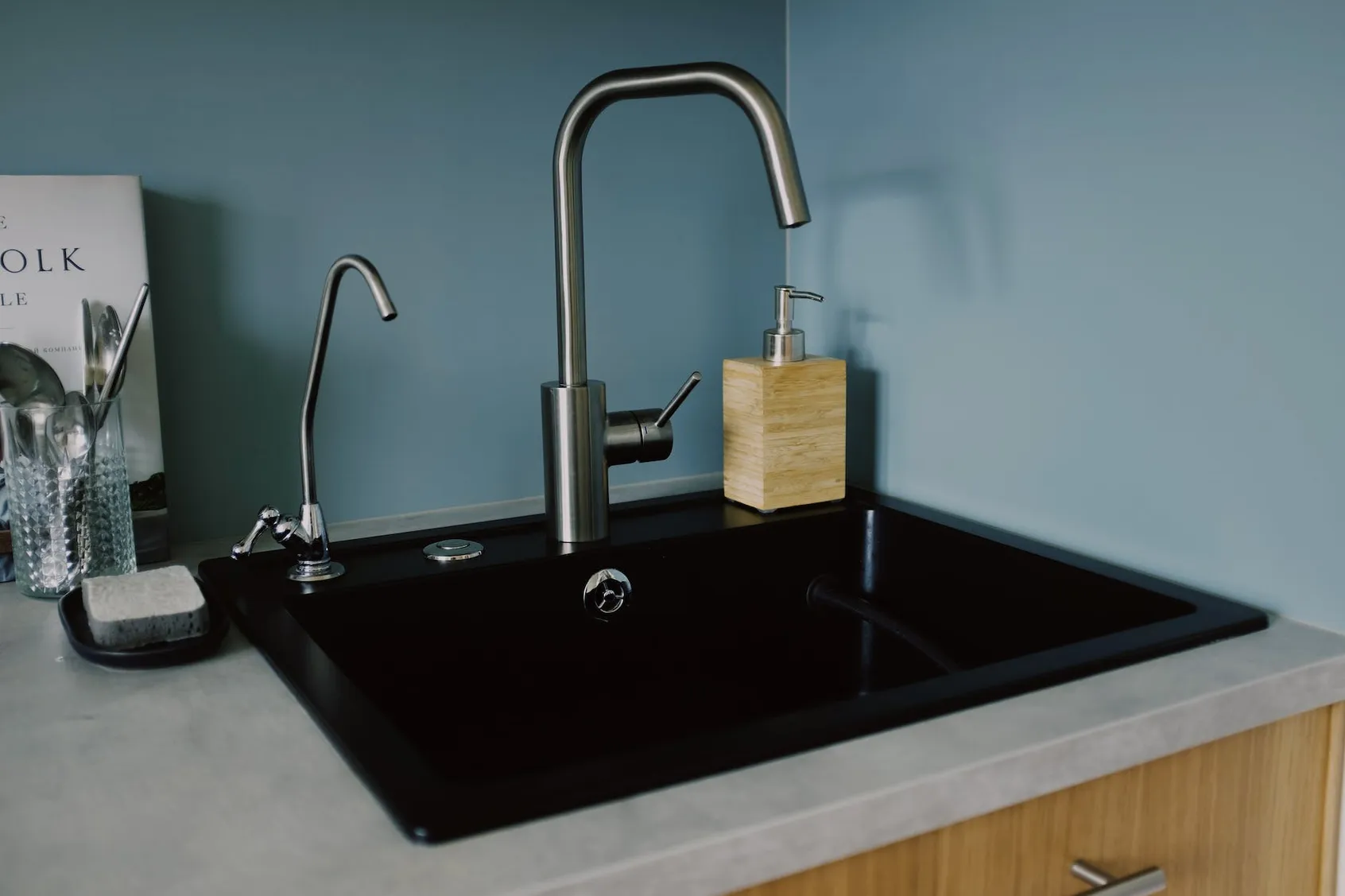






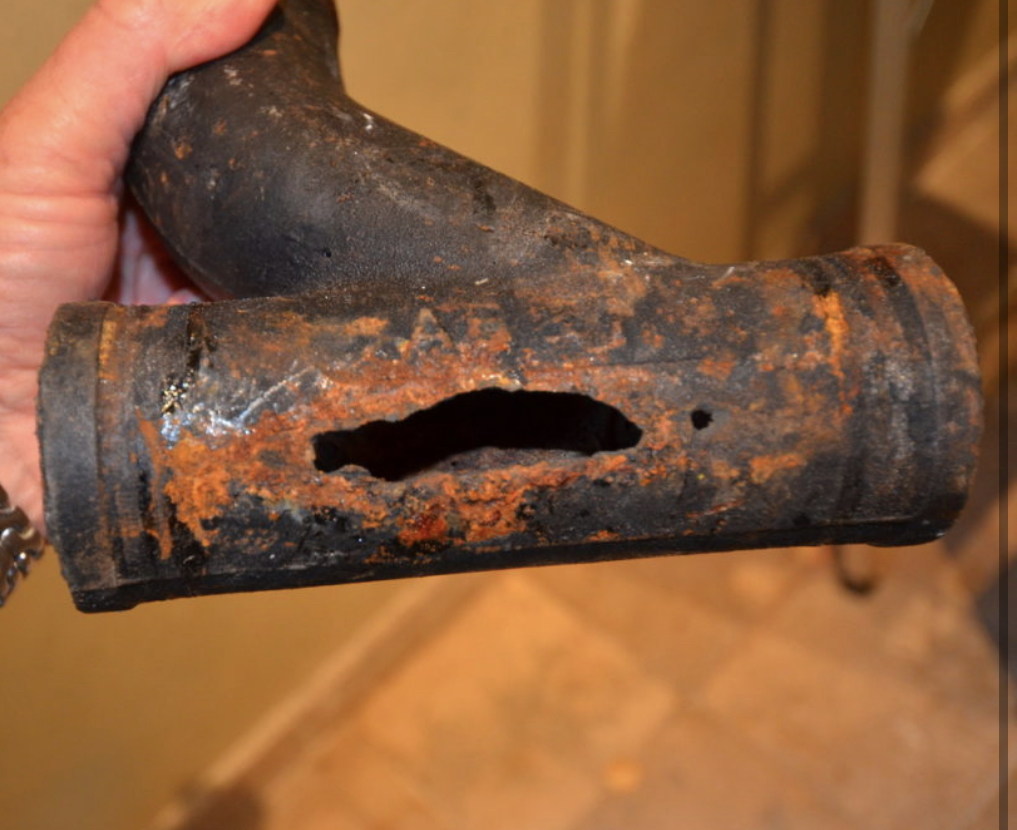










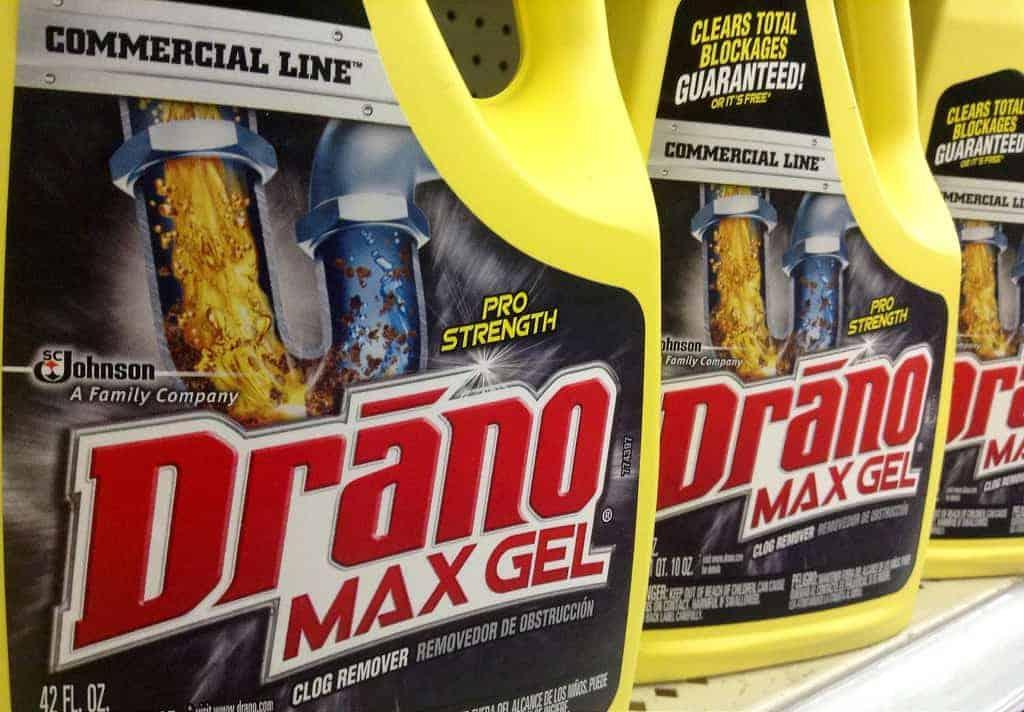






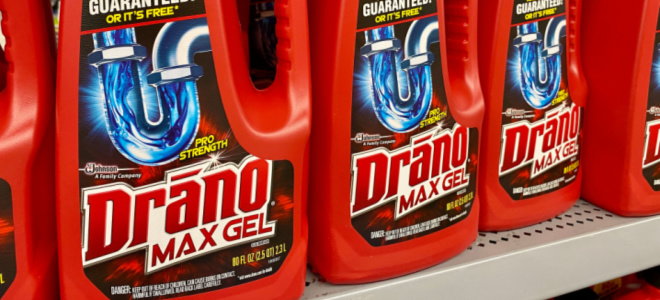
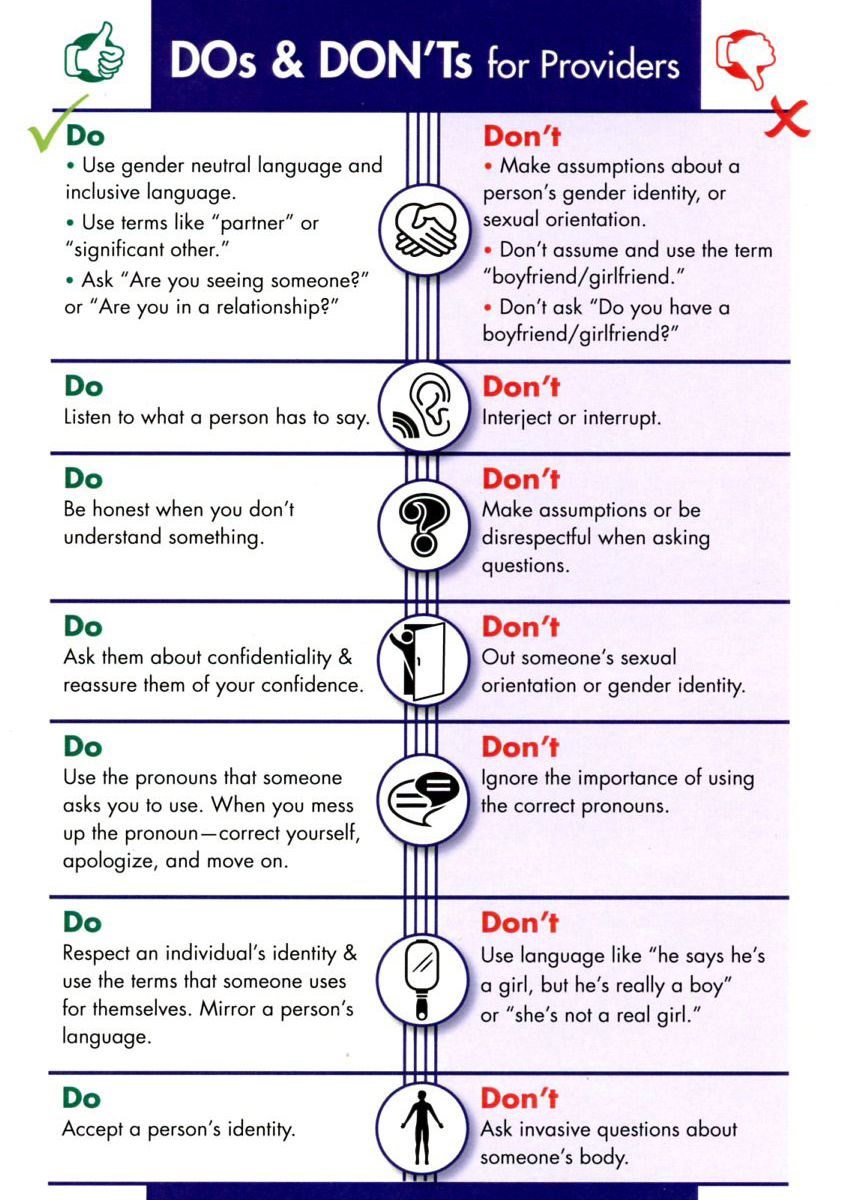
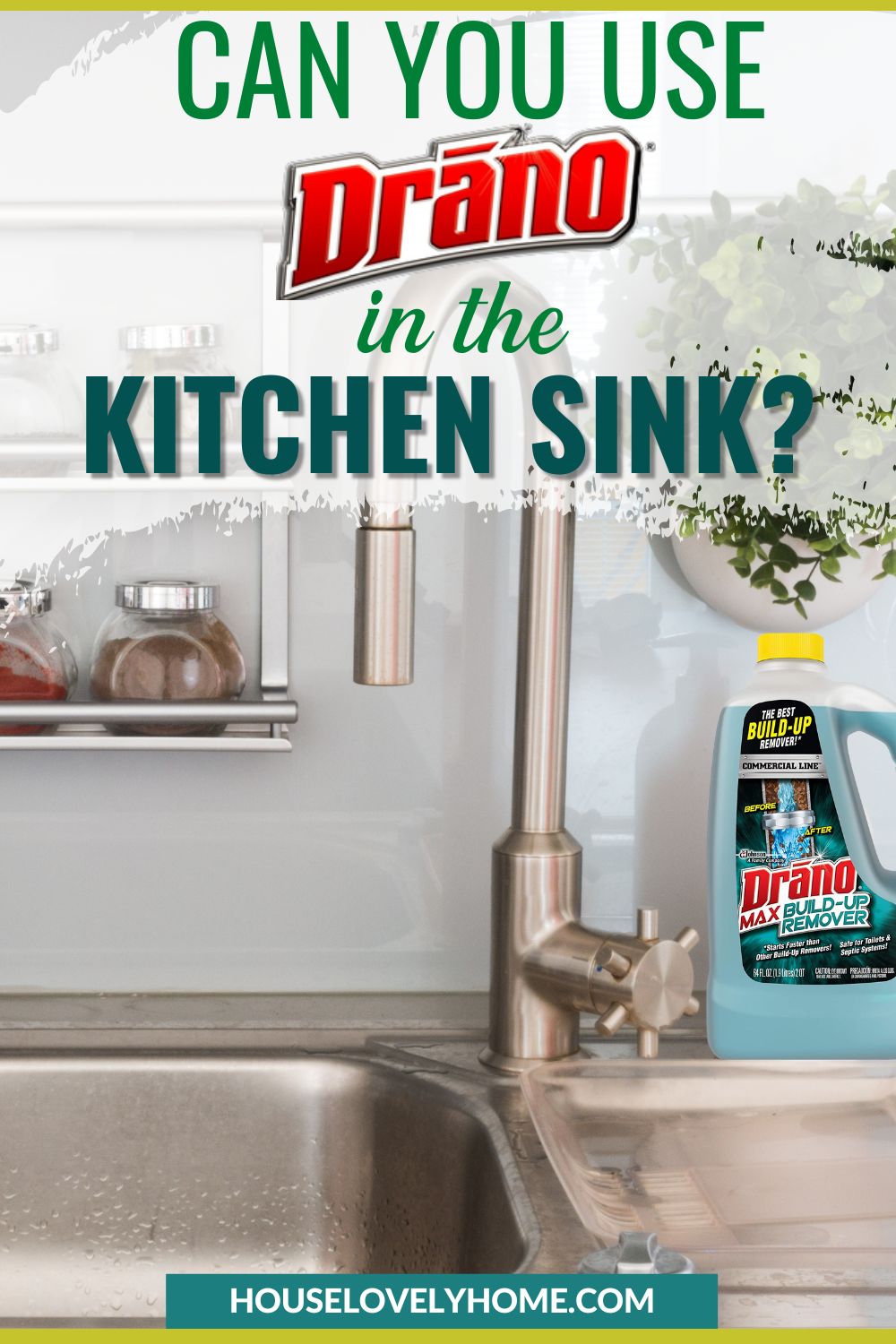
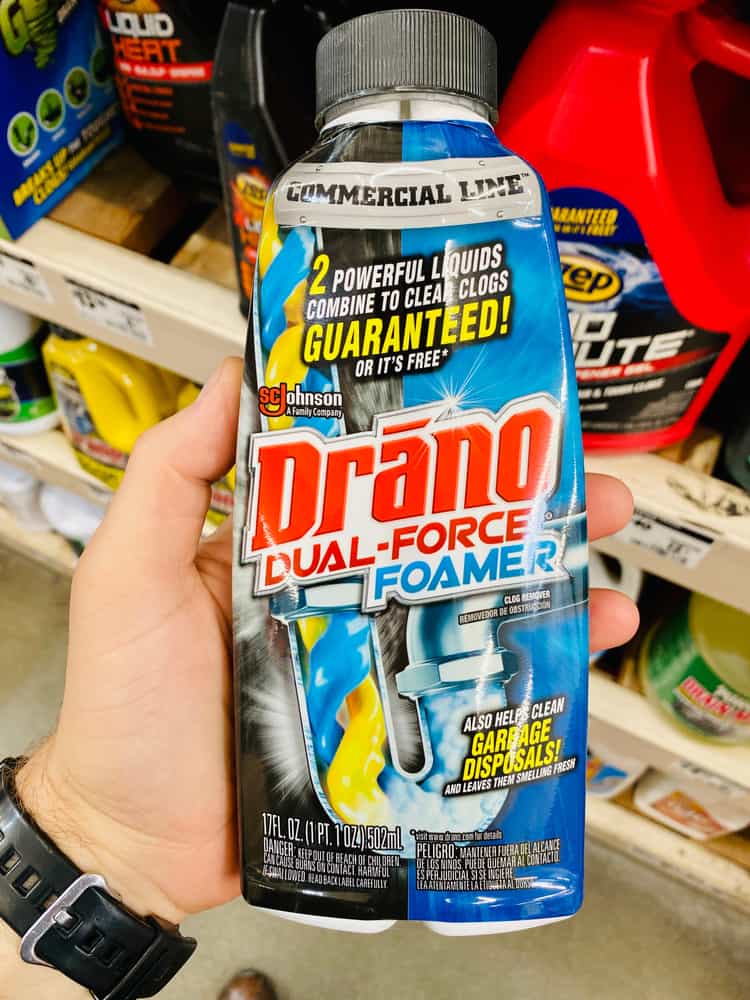

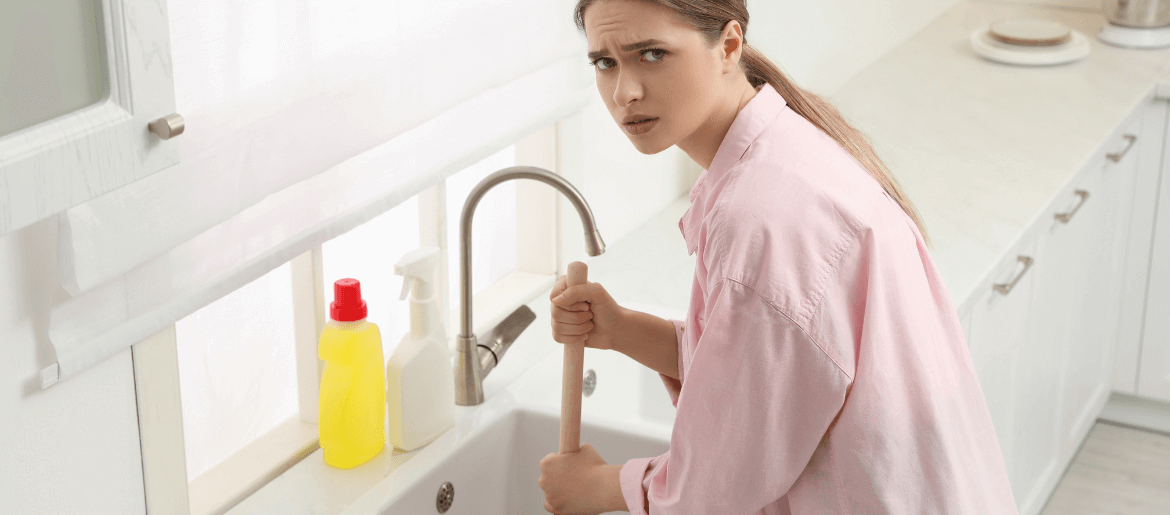
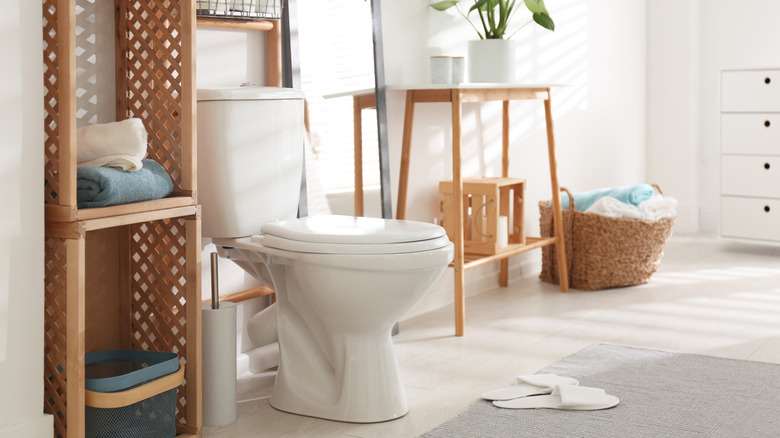
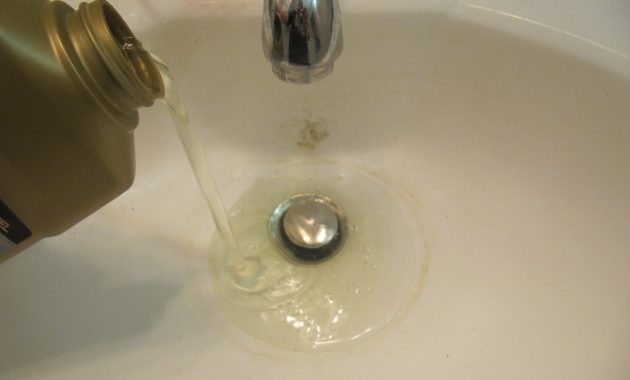
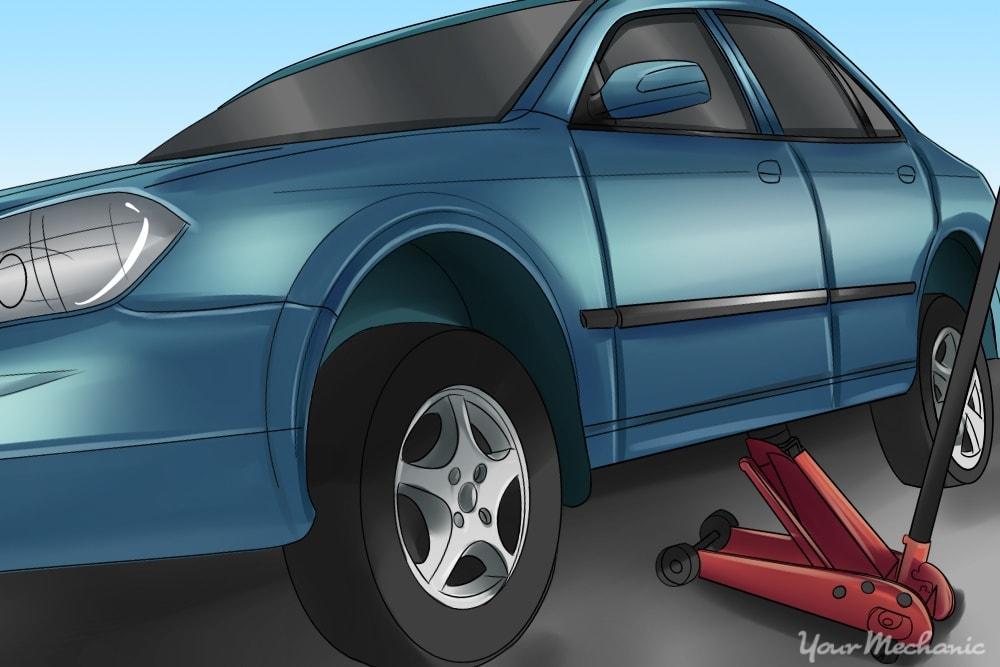





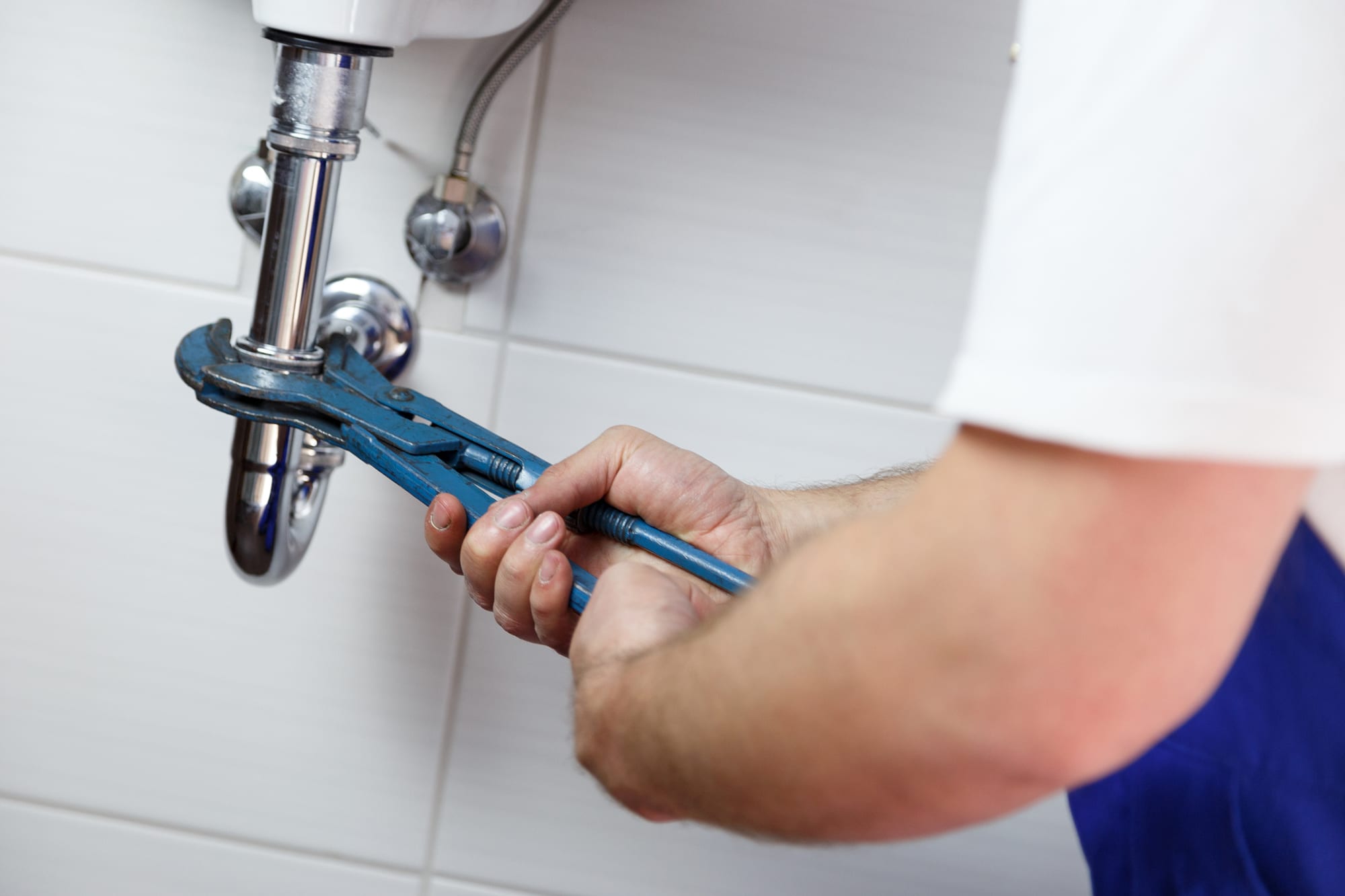



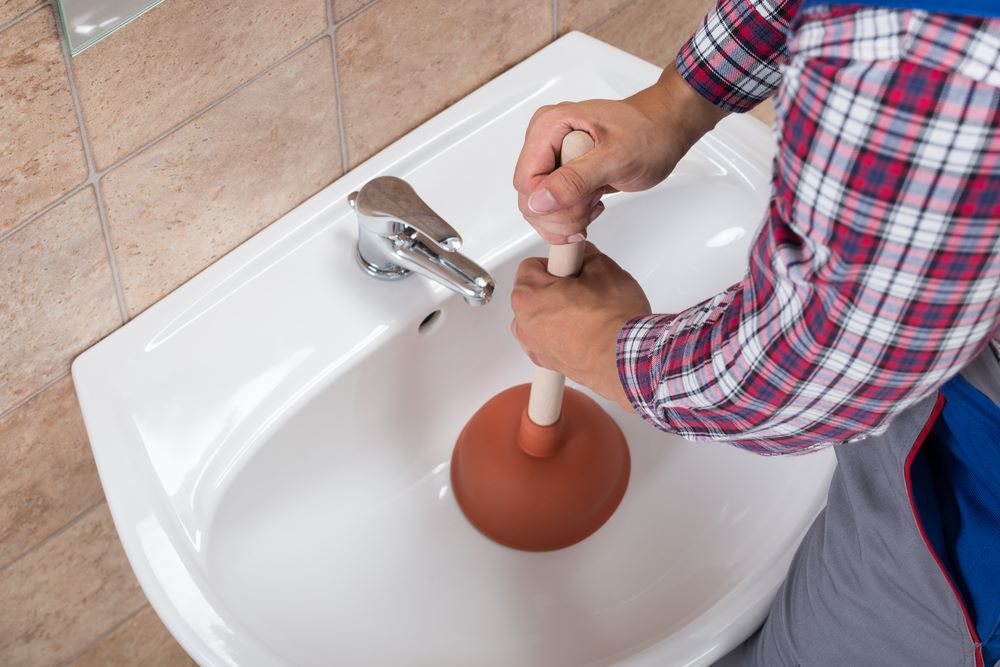


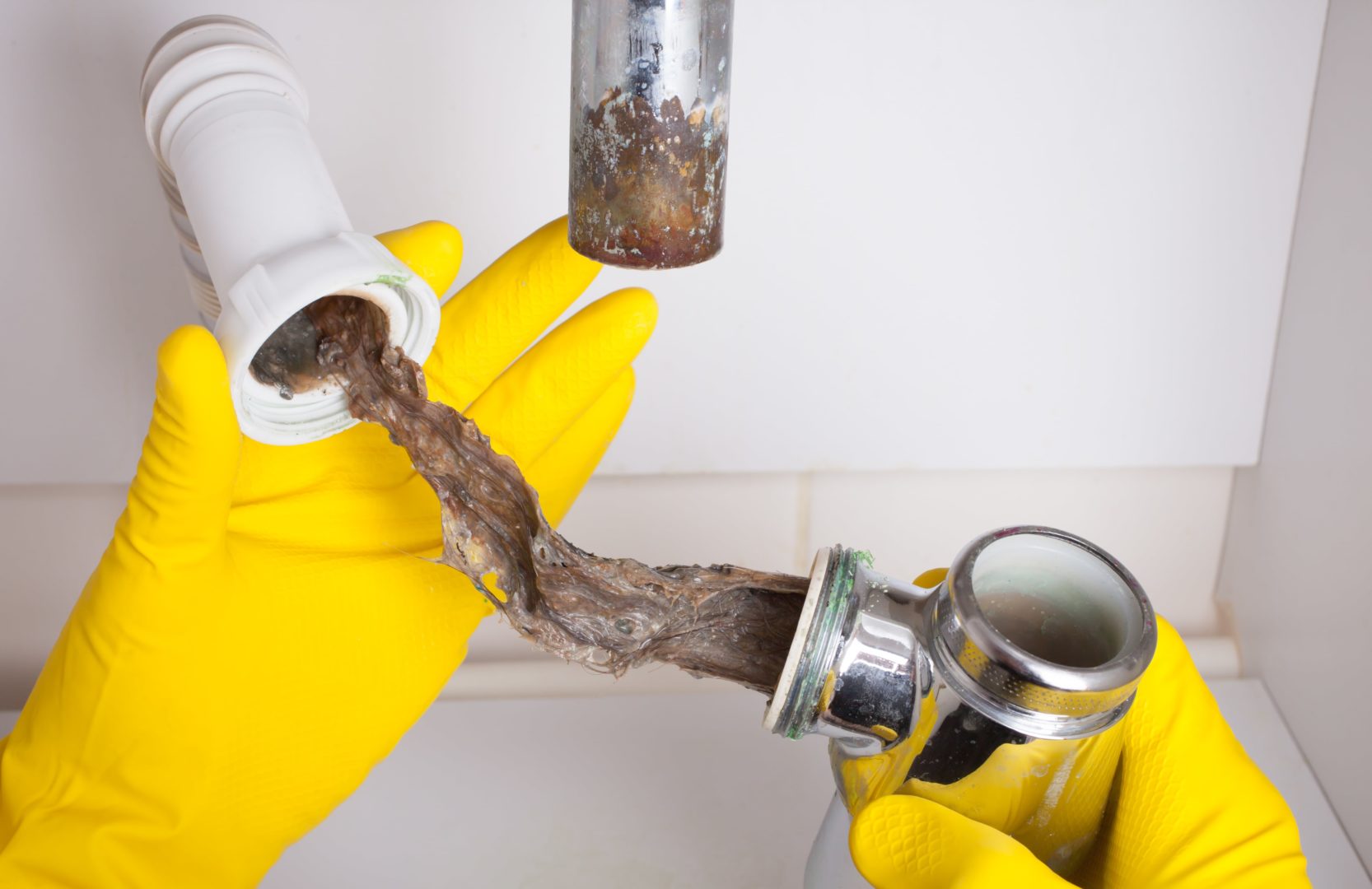
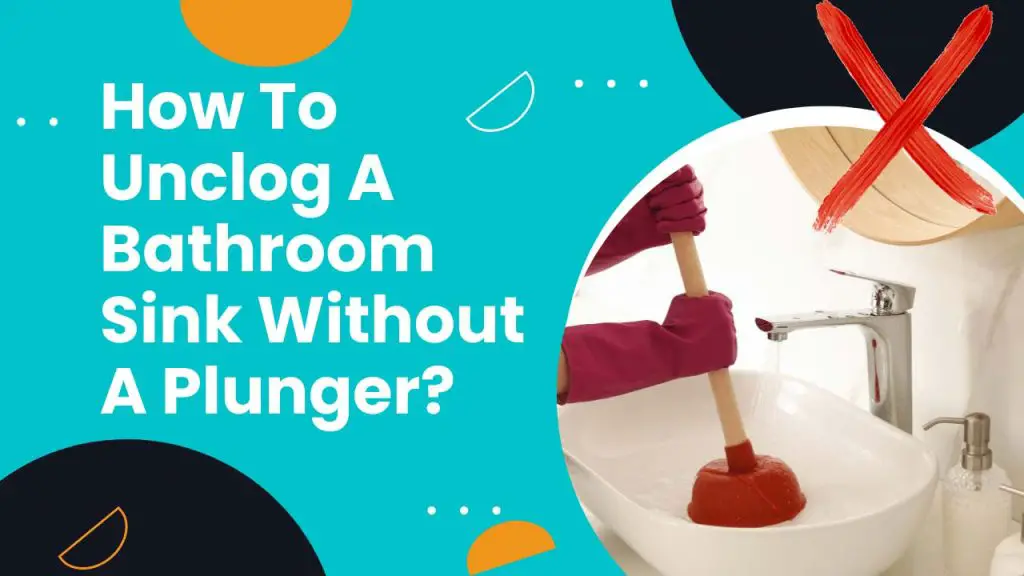



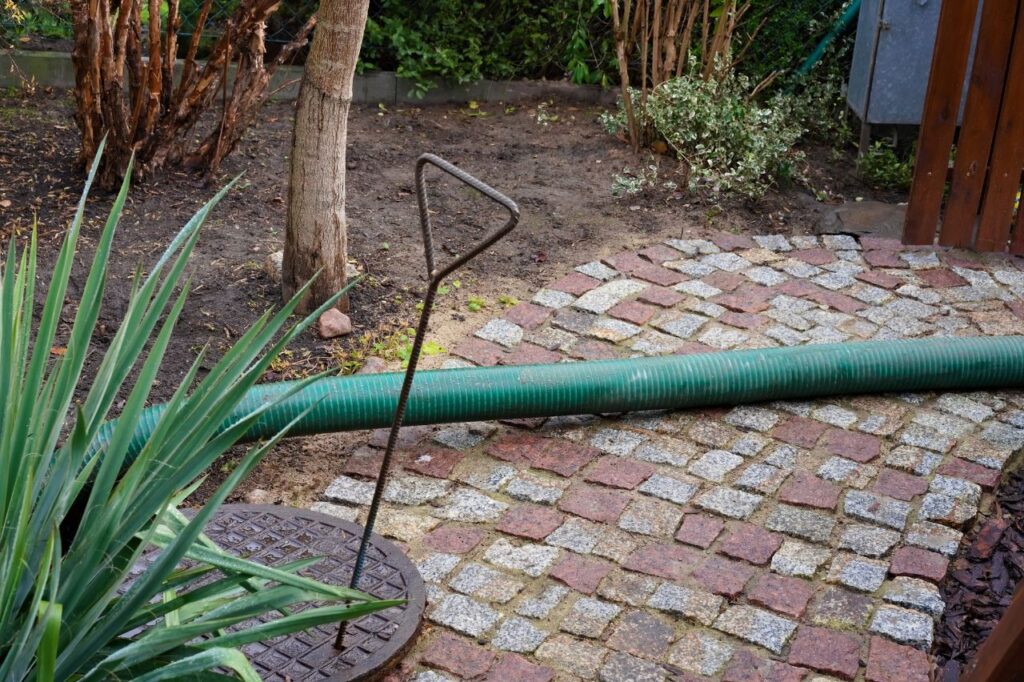
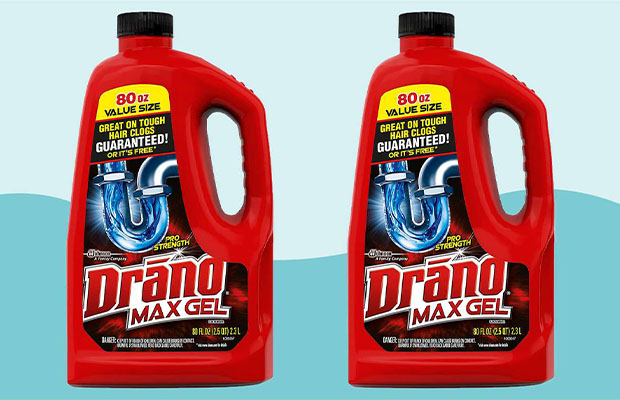
-1.png)

